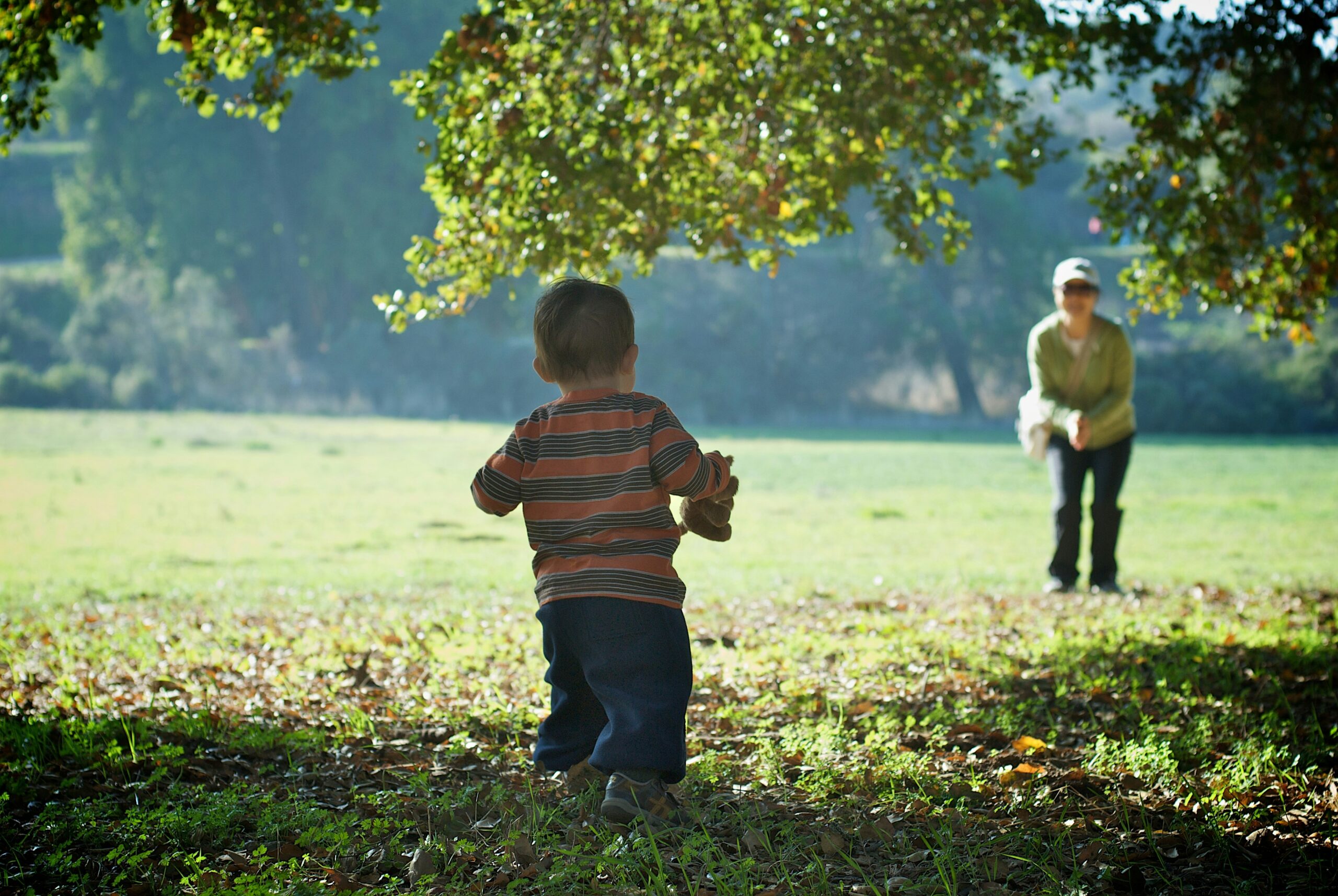Beyond Love: 7 Ways to Nurture Discipline in Young Kids
“Love comes naturally to parents—but discipline is the gift that lasts a lifetime.”
Every parent’s heart overflows with love for their child—that part is effortless. We cuddle them when they’re sad, shield them when they’re vulnerable, and dream endlessly of giving them the brightest future. But here’s the truth: love alone, as powerful as it is, can’t prepare children for the real world.
What often slips through the cracks in those tender early years is discipline. Unlike love, it doesn’t come naturally—and it can feel uncomfortable. Saying “no” when a “yes” would be easier, sticking to routines when chaos feels tempting, or holding firm on responsibility when excuses pile up—these aren’t just hard moments. They are the quiet building blocks of character, resilience, and strength that will carry our children far beyond our embrace.

Why Discipline Matters More Than We Think
Psychologists agree that discipline is not about punishment—it’s about shaping the lifelong skills children need to thrive. According to the American Academy of Pediatrics (AAP), consistent, age-appropriate discipline helps children build self-control, emotional regulation, and problem-solving skills—all best learned between ages 2 and 10.
Delay discipline until adolescence, and habits of self-regulation are harder to form. Negative patterns—like defiance, poor decision-making, and lack of persistence—become more difficult to break.
The famous Stanford Marshmallow Test proved this power: children who learned self-control and delayed gratification early went on to achieve better academic results, healthier relationships, and stronger career outcomes.
Importantly, discipline doesn’t diminish love—it deepens it. Boundaries give children safety and trust. When kids grow up knowing that rules exist for their good, they see discipline as guidance, not restriction.
Young Minds Are Clean Slates
It’s often said that young minds are like clean slates—ready to absorb whatever is written on them. Neuroscience supports this idea: during the early years, a child’s brain is at its peak for learning, forming millions of neural connections every second. Habits, values, and routines introduced at this stage leave lasting impressions. If love is the ink, then discipline is the handwriting that shapes the story. When parents introduce structure, consistency, and responsibility early on, those lessons become etched into a child’s character—guiding them long after childhood fades.
Picture this: your child begs for one more cartoon episode before bed. You’re tired, and saying “yes” feels easier. But instead, you gently insist, “No, it’s bedtime now.”
At first, there may be tears. Over time, however, your consistency teaches your child that rules matter.
In that small moment, you didn’t just enforce bedtime—you taught patience, boundaries, and respect. Years later, that same child will know how to manage deadlines, honor commitments, and balance time. Those skills won’t come from indulgence; they’ll come from discipline.
Discipline vs. Punishment: What’s the Difference?
It’s easy to confuse discipline with punishment, but they are not the same. Discipline is guidance, not control. It’s teaching children that actions have consequences, that respect is mutual, and that responsibility is empowering.
Research highlights that children raised with both warmth and discipline—what psychologists call the authoritative parenting style—tend to perform better in school, form healthier relationships, and show higher self-esteem compared to those raised with only indulgent love or with strict authoritarianism.
In my own life, I’ve seen how resilience doesn’t appear out of thin air—it’s cultivated. And that cultivation begins young. That’s why I believe discipline is a true act of love: it equips children with the strength to stand tall when life tests them.
7 Practical Ways to Teach Discipline in Young Kids
Discipline isn’t about punishment—it’s about guiding children with consistency, warmth, and clarity so they grow into responsible, resilient adults. Here are seven research-backed ways to do it:
- Set routines early
Children thrive on predictability. A structured day—set times for meals, homework, and sleep—teaches responsibility and self-control. Kids with regular routines show better emotional regulation and fewer behavior problems (AAP, 2014). - Be consistent
When rules shift, kids get confused. Clear, steady expectations build trust and teach that boundaries are real. Research shows that inconsistent discipline increases defiance and aggression (APA, 2019). - Explain, don’t just enforce
Instead of “Because I said so,” explain the reason behind rules. “We turn off screens before bed so your brain can rest and you’ll feel better tomorrow.” This builds understanding and cooperation. - Show, don’t just tell
Children imitate what they see. Model honesty, patience, and accountability—because discipline sticks best when it’s lived, not lectured. - Balance firmness with warmth
Saying “no” kindly but firmly teaches kids that love and rules can coexist. This authoritative approach is linked with higher self-esteem, social competence, and academic success (Baumrind, 1991). - Encourage responsibility in small steps
Age-appropriate tasks—packing a school bag, feeding a pet, setting the table—foster independence, accountability, and pride. - Praise effort, not just results
Recognize persistence and self-control: “I’m proud of how you kept trying even when it was tough.” Research shows process-based praise nurtures resilience and a growth mindset (Dweck, 2006).

A Parent’s Reflection on Love and Discipline
I know how exhausting it can feel when patience wears thin and love feels easier to give than discipline. I’ve lived through seasons where resilience was my only choice. Looking back, I see clearly: it was discipline—not comfort—that gave me strength.
Love may be the heart of parenting, but discipline is its backbone. One gives warmth, the other gives strength. Together, they raise children who feel cherished and equipped to face life with courage and responsibility.
Beyond love lies the power of discipline—and that is the greatest gift a parent can give.
With warmth and presence
The Artful Voyage